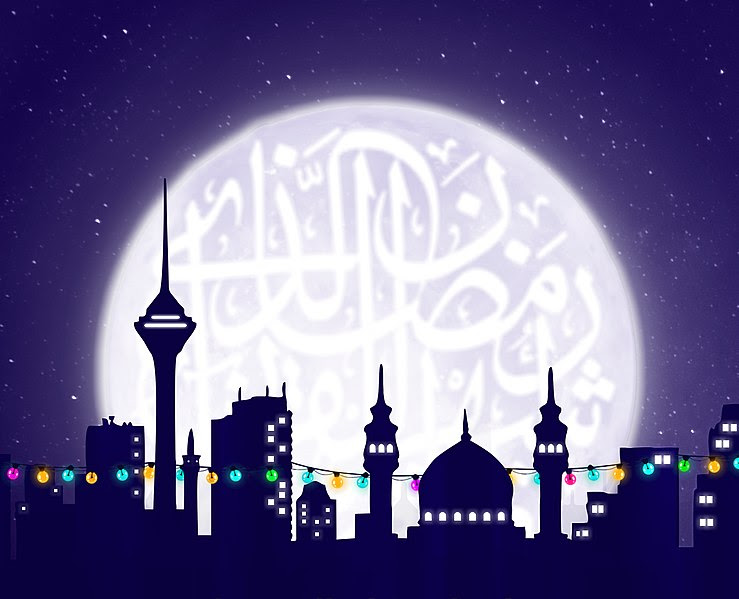A Lesson on Ramadan
May 14, 2021
This year from April 12th to May 12th, Muslims across the globe participated in Ramadan, the holy month of fasting, introspection and prayer. Observed on every ninth month on the Islamic lunar calendar, Ramadan marks the date when the founder of Islam, Muhammad, received the first provisions of the Quran. Ramadan entails fasting from dawn till dusk, avoiding impure thoughts and behaviors and performing good deeds.
Fasting is one of the five fundamental principles of Islam, next to faith, prayer, charity and pilgrimage to Mecca. The practice of fasting, abstaining from food or drink, derives from the belief that it teaches self-restraint, discipline and empathy for those who are less fortunate. Muslims who have reached puberty are required to fast, though there are some exceptions such as the sick, elderly or pregnant. Families will gather around the table before dawn for their first meal of the day: “suhoor.” Likewise, once the sun has set, they will break their fast with “iftar.” Traditionally, dates are eaten to break the fast each day, just as the prophet Muhammad had done. To many Muslims, fasting is a way to feel closer to Allah, the Arabic word for God.
To mark the ending of Ramadan is one of Islam’s biggest celebrations: Eid al-Fitr, or Eid. The exact date of Eid varies from each year and each country. Religious authorities await the sighting of the Eid crescent moon to announce when Eid will officially begin. Because of irregular weather conditions, the moon can be hard to spot; hence, Ramadan and Eid may start on different days in parts of the world. During Eid, fasting is not allowed as Muslims will gather with friends and families for a huge feast to show gratitude to Allah. Much like Ramadan itself, Eid is a time for Muslims to show gratefulness for their fortune and show sympathy for those less fortunate. It is tradition to receive gifts during Eid, exchanging gifts among loved ones, neighbors, colleagues, friends and even strangers. Children will typically receive little bags with money and sweets such as cookies and dates.
Every year during this time, 1.6 billion Muslims, 22% of the world’s population, celebrate Ramadan. Celebrations vary from country to country. In Egypt, they welcome Ramadan by lighting lanterns that symbolize the joy of the holy month to come. In Lebanon, and many countries across the Middle East, cannons are fired to signify the end of Ramadan, a tradition dating back 200 years ago to the Ottomans. In the United Arab Emirates, a month before Ramadan, children will dress in bright colors and flock to the streets collecting sweets and nuts while singing traditional local songs, much like Halloween. Ramadan also has a significant impact on Muslim athletes. The intensity and physical demand of sports conflicts with Ramadan’s tradition of fasting, which includes abstaining from drinking water, draining much-needed energy for athletes. However, they stay faithful to their religion; some Muslim teams even temporarily halt the game in progress to break their fast formally with their teammates and coach once the sun sets.
This year has seen the altering of traditions due to the Coronavirus, including closing mosques and interrupting the gatherings for suhoor and iftar. Even so, the centuries-old spirit of this holy month remains the same for most Muslims. To keep the spirit alive, greet Muslims with the phrase ”Ramadan Mubarak” to wish them a blessed Ramadan.
(“Dawn of Ramadan” by khamenei.ir, Creative Commons Attribution 4.0 International license)







